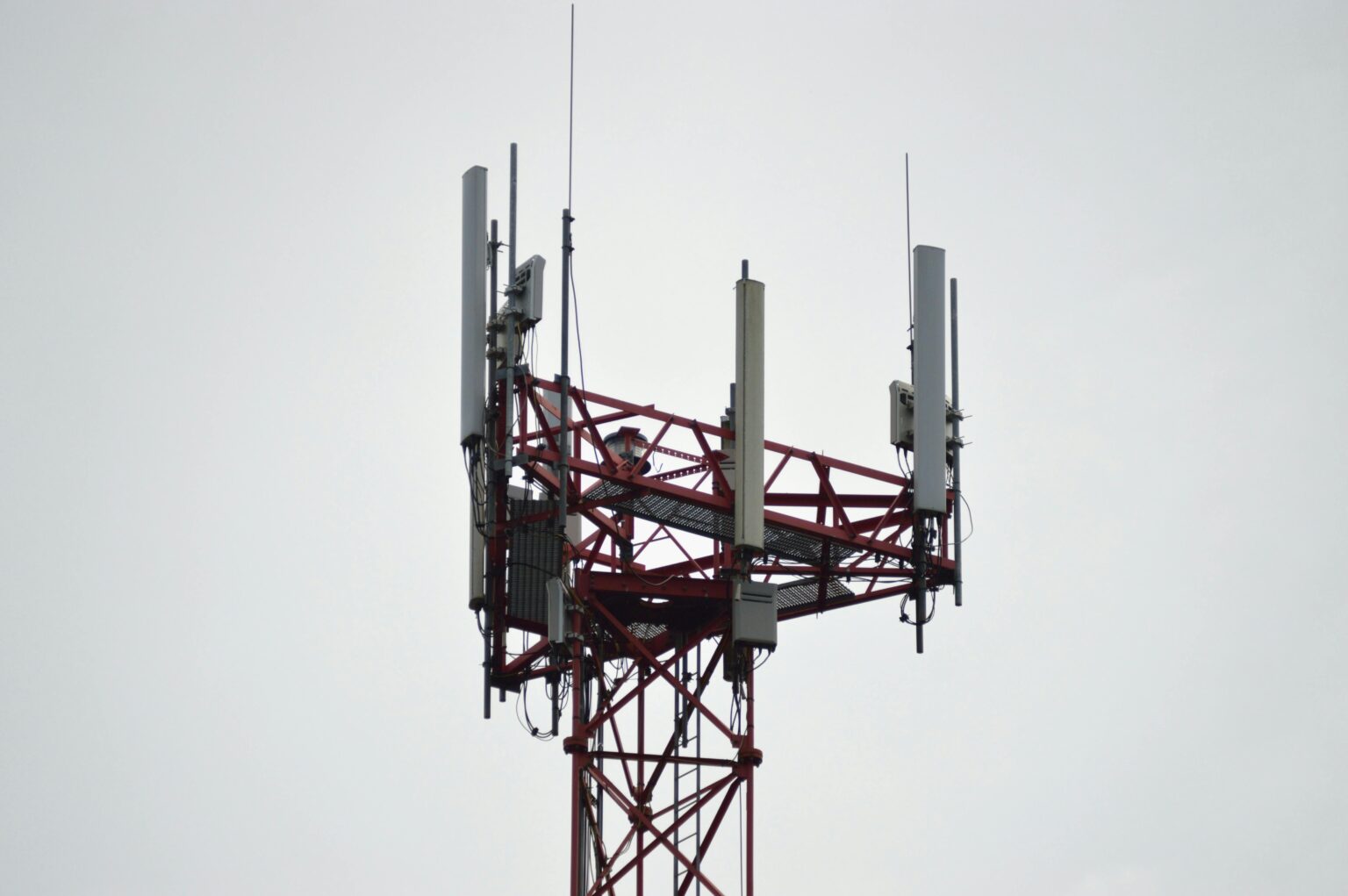The telecommunications industry in Colombia is undergoing a transformation with the announcement of Millicom International Cellular S.A.’s (Tigo) acquisition of a controlling 67.5% stake in Movistar Colombia from Telefónica of Spain.
This $367 million transaction, which remains subject to regulatory approval, is poised to alter the competitive landscape, challenging the dominance of Claro, the sector’s leading operator owned by Mexican billionaire Carlos Slim.
Strategic Implications of the Acquisition
Millicom’s acquisition aims to consolidate its position in Colombia’s telecommunications sector, creating an entity with a projected 37% market share. Although this would not dethrone Claro, which commands 52.8% of the market, it would intensify competition, potentially driving innovation and improving service quality for consumers. Millicom has also expressed its intention to purchase the remaining 32.5% of Coltel equity held by La Nación and other investors, which would bring its total investment to approximately $400 million.
The transaction is aligned with Colombia’s broader digital transformation goals. Millicom CEO Marcelo Benitez highlighted the company’s commitment to enhancing connectivity and investing in infrastructure, El Pais reported. “This transaction strengthens our presence in Colombia, reaffirming our commitment to expanding coverage and accelerating digital transformation,” he stated.
Regulatory Challenges and Market Dynamics
Despite the promising outlook, the acquisition faces multiple regulatory hurdles. Colombian antitrust authorities must assess whether the merger aligns with competition laws, particularly regarding spectrum allocation. Experts warn that combining Tigo and Movistar could exceed legal spectrum limits, necessitating the return of certain frequency bands to the government.
Economist Sergio Martínez underscores the importance of regulatory oversight, stating, “There are mechanisms to prevent market concentration from reducing consumer welfare. The government must ensure that the merger does not result in anti-competitive practices.“
Additionally, the Colombian government must decide whether to accept Millicom’s offer to purchase its 32.5% stake in Movistar Colombia, a deal valued at approximately $174 million. Approval from the Ministry of Finance is crucial for the transaction’s completion, as the government plays a strategic role in managing national telecommunications assets.
Regional and Industry-Wide Impacts
The acquisition is part of a broader strategy by Telefónica to divest from Latin America, shifting its focus to European and high-growth markets. Analysts, such as Andrés Navarro from ICESI University, point out that Telefónica is retreating from various Latin American countries, a trend that continues to be scrutinized by European regulators.
On a regional level, the merger will impact competition in key Colombian cities. In Medellín, where Tigo has historically been strong, and in areas like Bucaramanga, Cartagena, and Barranquilla, where Movistar held a dominant position, the integration could lead to a more balanced market presence. This restructuring may also result in competitive pricing strategies, with Tigo already launching aggressive marketing campaigns in Bogotá to attract new customers.
The Future of Colombia’s Telecom Market
While the deal raises concerns over potential market concentration, experts argue that it could bring long-term benefits, such as increased investment in technology and infrastructure. Given the capital-intensive nature of the telecommunications sector, a stronger second player could enhance network quality and service reliability.
Galé Mallol, President of the Colombian Telecommunications and ICT Association (Asotic), emphasizes the importance of market stability: “In a sector facing declining revenues due to free communication apps and lower tariffs, it is essential for operators to find sustainable business models. The Millicom-Movistar integration could provide the necessary scale to compete effectively.”
Ultimately, the transaction signals a shift toward a duopolistic market structure, with Claro and the newly formed Tigo-Movistar entity as dominant players.
